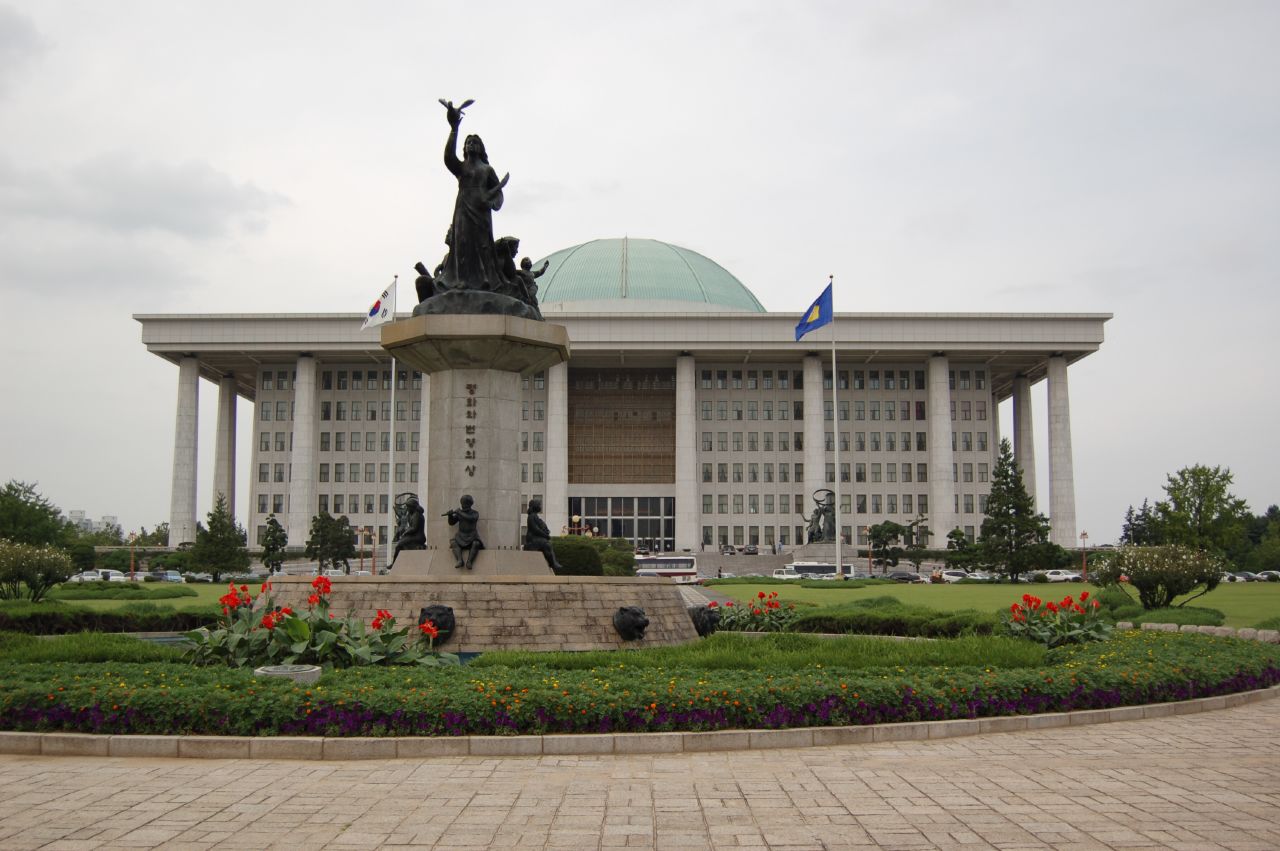On
April 13, South Korea held the twentieth legislative elections. These elections
were to determine who would serve in the 300-member National Assembly. The
National Assembly is the legislative body of the South Korea, similar to
Congress in the United States. The results of elections were shocking.
South Korea has many
different political parties, but three parties hold significant power. The
Saenuri Party is the ruling political party in Korea, and is considered a
conservative party. The Minjoo Party of Korea was founded two years ago as a merger between the Democratic Party and
the New Political Vision Party, and is the liberal party in Korea, and was
founded earlier this year by prominent South Korean doctor and businessman Ahn
Cheol-Soo.
In the 2012
legislative elections, the Saenuri Party won a majority 152 seats out of the
available 300. Given that the current President of the South Korea is part of
the ruling Saenuri Party, this meant that the Saenuri Party had absolute
control over the National Assembly. The Saenuri Party’s
unparalleled power was shown in the recent passing of the Anti-Terror Law. This
law allows the National Intelligence Service (NIS), which is Korea’s main
intelligence agency, to extensively investigate a person deemed a terrorist.
This means that the NIS could disregard human rights in order to preserve
national security. This bill was proposed by the majority party, and the bill
passed even though the opposition attempted a filibuster, a political mechanism
where debate over a bill is extended, giving the minority party the ability to
delay or prevent a vote. This filibuster ultimately failed, and the bill
passed.
In
the results of the recent legislative elections, the Saenuri Party lost its
majority status to the Minjoo Party of Korea. The Saenuri Party was only 122
seats, while the Minjoo Party of Korea won 123 seats. This change of the ruling
majority party has many implications for South Korea. To start off, because
the President is of an opposing party, legislation proposed by the President
would not be passed because of political reasons. The national assembly now
ruled by the Minjoo Party of Korea would probably not pass legislation proposed
by the President who’s part of the Saenuri Party. This brings a lot of concern
to Korean citizens because progress would be stagnant.

An issue with the
Korean legislative elections is that out of all the voters, fifty three percent
were in their fifties. Zero point three percent of the voters were in their
twenties. Zero point seven percent of the voters were in their 30s. This is
seen as a big problem because this means that the younger generation is not
playing their part in deciding political issues. The younger generation must step
up and take political responsibility for the country’s future.
It is exciting to
look forward to the presidential elections that will happen next year and see
if the Saenuri Party can retain presidential power or if they will lose that
privilege to the new majority party. If the new majority party gains the
presidency, this could mean swift proceedings regarding legislation.
Yeop Lee
Yeop Lee

